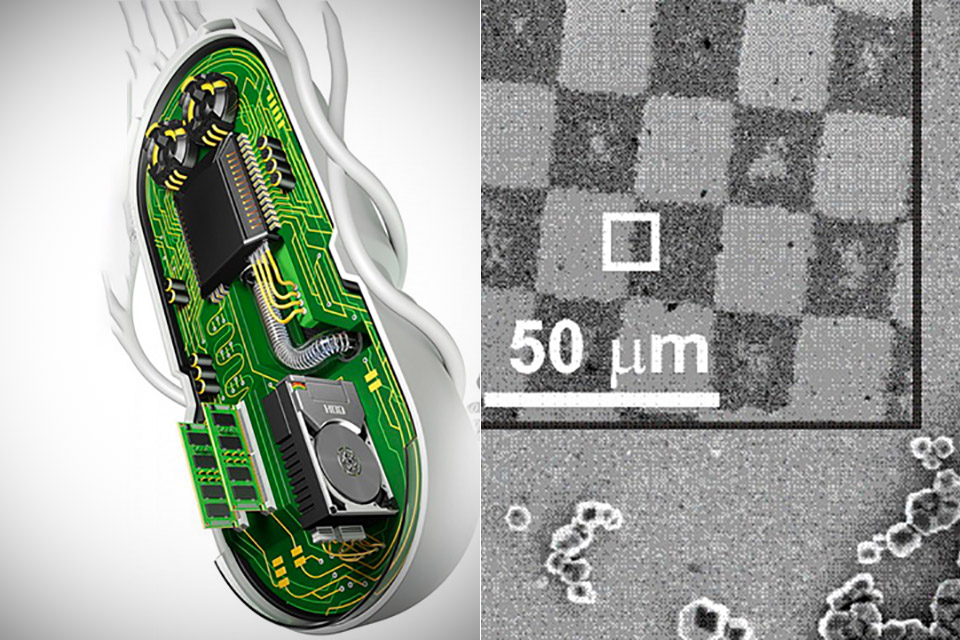
Researchers at John Hopkins University are developing brain-machine technologies that include biocomputers powered by organoid intelligence (OI). This technology essentially involves biological computing powered by 3D cultures of human brain cells, or brain organoids that are a type of lab-grown cell culture.
Unlike traditional cell cultures, which are flat, these brain organoids boast a three-dimensional structure, thus enabling researchers to increase their cell density by 1,000-times. This allows neurons to form far more connections, and the amount of data it can store would be one advantage a biocomputer would have over a traditional computer. How so? A human brain can store around 2,500TB of data, but that will take more research, as currently, organoids can hold around 50,000 cells. The number would need to be increased to 10-million for organoid intelligence. Practical applications in the future include inter-individual neurodevelopmental and drug testing research.
- AMD Ryzen 5 5500U Hexa-Core Mobile Processor with AMD Radeon Graphics.Maximum Power Supply Wattage 45 W
- 15.6" Full HD (1920 x 1080) Widescreen LED-backlit IPS Display
- 8GB DDR4 Onboard Memory and 256GB NVMe SSD
We call this new interdisciplinary field ‘organoid intelligence’ (OI). A community of top scientists has gathered to develop this technology, which we believe will launch a new era of fast, powerful, and efficient biocomputing,” said Thomas Hartung, Professor at Johns Hopkins University.







